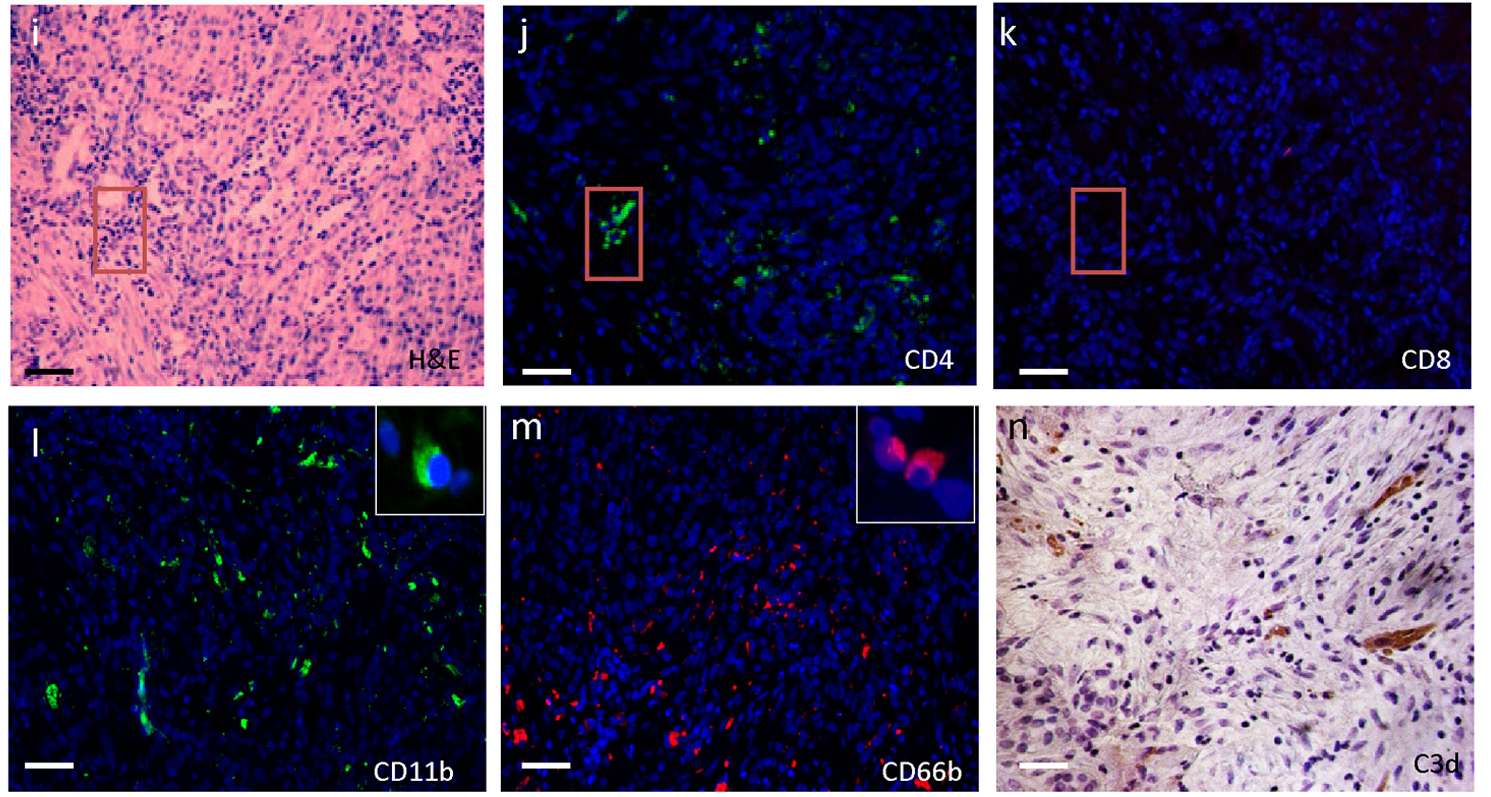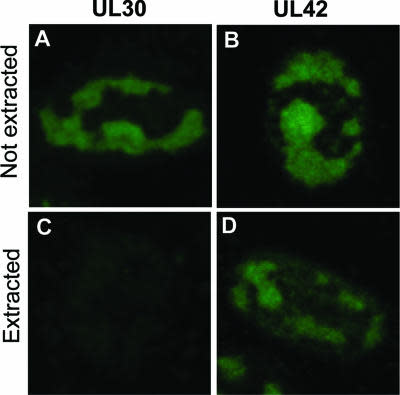
Cat. #157658
DLKP cell line
Cat. #: 157658
Sub-type: Continuous
Unit size: 1x10^6 cells / vial
Availability: 3-4 weeks
Organism: Human
Tissue: Lung
Disease: Cancer
£575.00
This fee is applicable only for non-profit organisations. If you are a for-profit organisation or a researcher working on commercially-sponsored academic research, you will need to contact our licensing team for a commercial use license.
Contributor
Inventor: Martin Clynes
Institute: Dublin City University
Tool Details
*FOR RESEARCH USE ONLY
- Name: DLKP cell line
- Tool sub type: Continuous
- Parental cell: DLKP-This cell line was developed from poorly differentiated lymph node metastases of squamous cell carcinoma of the lung, extracted by the late Dr Vincent Lynch
- Organism: Human
- Tissue: Lung
- Disease: Cancer
- Growth properties: Monolayer
- Description: Heterogeneous lung carcinoma population
- Production details: This cell line was developed from poorly differentiated lymph node metastases of squamous cell carcinoma of the lung, extracted by the late Dr Vincent Lynch
- Biosafety level: 1
- Cellosaurus id: CVCL_H737
Target Details
- Target: DLKP
Handling
- Format: Frozen
- Growth medium: DMEM/Ham's F12, 5% FCS, doubling time 20.3 hr. Split 1:5, medium change 2-3 times weekly. Freezing method: 10% DMSO in FBS
- Unit size: 1x10^6 cells / vial
- Shipping conditions: Dry ice
- Storage conditions: Liquid Nitrogen
- Mycoplasma free: Yes
References
- Toner et al. 2013. Br J Cancer. 109(8):2131-41. PMID: 24052043.
- Keenan et al. 2012. Exp Cell Res. 318(5):593-602. PMID: 22281030.
- Roche et al. 2009. J Chromatogr B Analyt Technol Biomed Life Sci. 877(31):3982-90. PMID: 19854117.
- Keenan et al. 2009. Proteomics. 9(6):1556-66. PMID: 19242932.
- Murphy et al. 2007. Anticancer Res. 27(3A):1277-84. PMID: 17593620.
- Liang et al. 2004. Int J Cancer. 111(4):484-93. PMID: 15239124.
- Walsh et al. 2003. Differentiation. 71(2):126-34. PMID: 126415...




